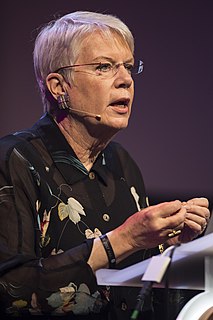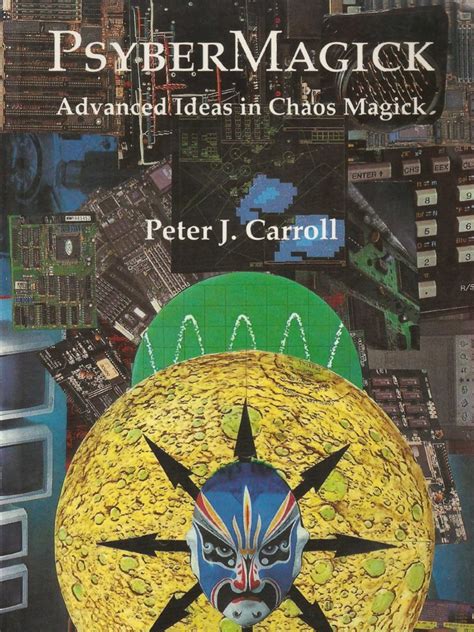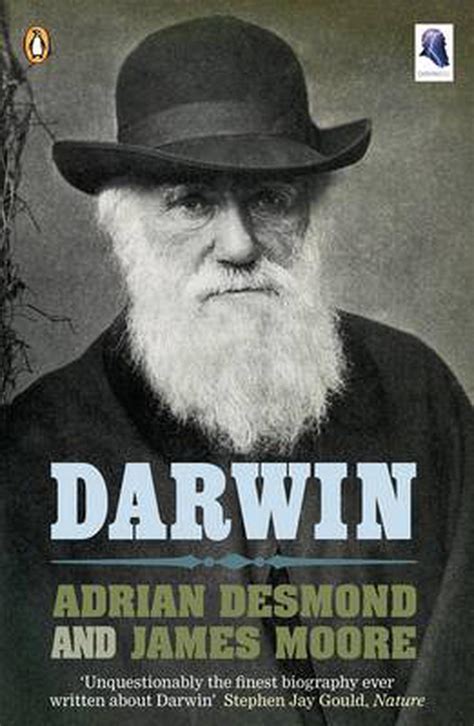A Quote by Jill Tarter
The existence of life beyond Earth is an ancient human concern. Over the years, however, attempts to understand humanity's place in the cosmos through science often got hijacked by wishful thinking or fabricated tales.
Related Quotes
Someone with a fresh mind, one not conditioned by upbringing and environment, would doubtless look at science and the powerful reductionism that it inspires as overwhelmingly the better mode of understanding the world, and would doubtless scorn religion as sentimental wishful thinking. Would not that same uncluttered mind also see the attempts to reconcile science and religion by disparaging the reduction of the complex to the simple as attempts guided by muddle-headed sentiment and intellectually dishonest emotion?
Physical processes alone will never completely explain the existence of the universe , life , and consciousness . Religious answers are just wishful thinking and wanton fabrication cast over a bottomless pit of ignorance . To explain their occult and mystical experiences , magicians are forced to develop models beyond the scope of materialistic or religious systems .
Over the years, I think I've matured in my spiritual evolution and development to understand a bit more than the narrow religious thinking - to move beyond that through a sort of perfection of the grandiose nature of the universe, and how perfect it is it in its sense and how satisfied we should all be in our place in that.
Every scientist, through personal study and research, completes himself and his own humanity. ... Scientific research constitutes for you, as it does for many, the way for the personal encounter with truth, and perhaps the privileged place for the encounter itself with God, the Creator of heaven and earth. Science shines forth in all its value as a good capable of motivating our existence, as a great experience of freedom for truth, as a fundamental work of service. Through research each scientist grows as a human being and helps others to do likewise.
Science was tearing through the 'fine-spun ecclesiastical cobwebs' to behold a new cosmos, in which our Earth is merely an 'eccentric speck' - a world of evolution 'and unchanging causation'. It invited new ways of thinking. It demanded a new rationale for belief. With science's truths the only accessible ones, 'blind faith' was no longer admirable but 'the one unpardonable sin'.
One can delineate the domain of philosophy however one likes, but in its search for truth, philosophy is always concerned with human existence. Authentic philosophizing refuses to remain at the stage of knowledge […]. Care for human existence and its truth makes philosophy a 'practical science' in the deepest sense, and it also leads philosophy—and this is the crucial point—into the concrete distress of human existence.
There is, however, a moral basis for the vegetarian diet for which the indeterminate value of an animal's life takes on irrelevance. And that moral basis is a concern for the environment, a value as absolute as the value we all place on human life, since humanity will not survive for long on a poisoned planet. To be an environmentalist who happens to eat meat is like being a philanthropist who doesn't happen to give to charity.





































